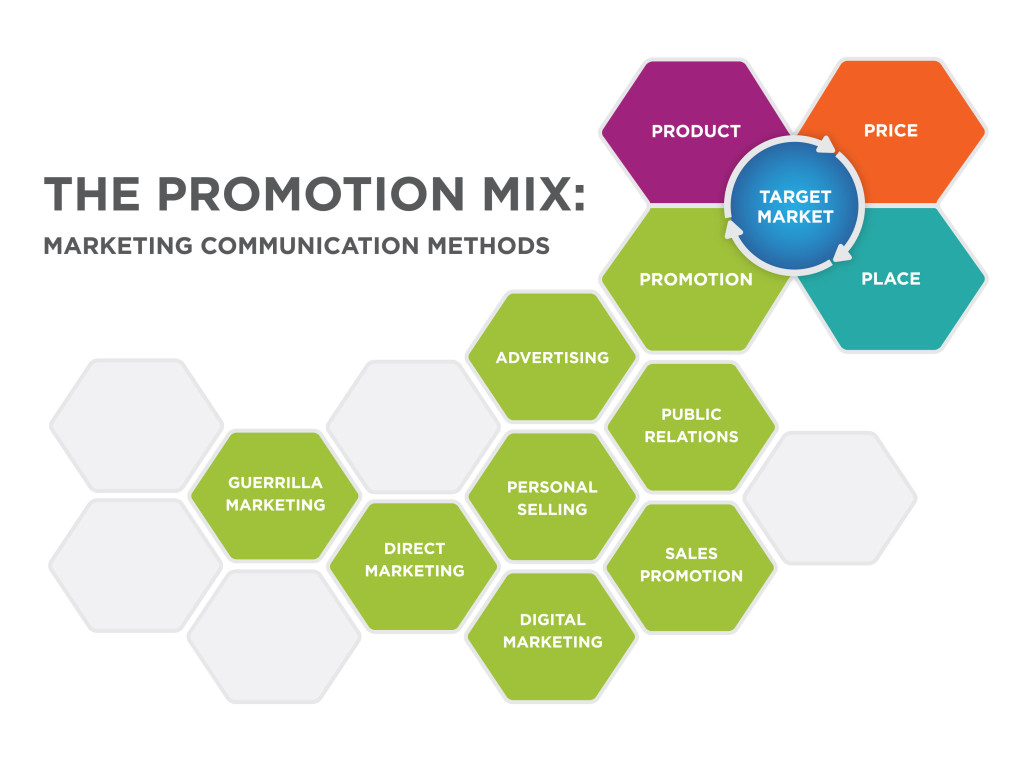What you’ll learn to do: describe common methods of marketing communication, their advantages and disadvantages
A common challenge for people new to marketing is learning about the many marketing communication tools and methods now available and understanding how to use them effectively. Fortunately, most of us have first-hand experience of being on the receiving end of IMC—whether you like it or not, you are a consumer, and you’ve been the target of all kinds of marketing communication. You know the difference between an ad that gets your attention and one you just tune out, for example. You are familiar with the line between “persistent” and “annoying” when it comes to getting marketing-related emails or text messages. You recognize which buy-one-get-one-free offers are a great deal, and which ones seem like a racket.
All this experience will come in handy in this section and later in the course. You’re getting closer to being on the other side of the wall, where you’ll be tasked with using marketing communication methods and tools to devise your own marketing plan (in the last module of this course!). In this section, though, you’ll get a chance to examine each of these marketing communication methods one by one. Fortunately, the underlying principles we’ve discussed up to this point apply to all of them: knowing your audience, defining strategy, setting objectives, crafting the message. Where paths diverge is in the tools themselves: how to design a great ad, how to produce a memorable event, how to get coverage for your organization in the news media, how to use email and social media skillfully for marketing purposes, and so on.
The next several readings provide a general overview of seven important marketing communication methods (shown in Figure 1, below) in common use today. This section will help you become familiar with each method, common tools associated with each method, how to use these methods effectively, and the advantages and disadvantages of each one. Some marketing professionals spend entire careers becoming specialists in one or more of these areas. Other marketers become generalists who are skilled at bringing together different tools–and experts–to execute effective IMC programs.
Whether you think you’re more of a generalist or a specialist, marketing offers great opportunities for creativity and experimentation. There will always be a new idea, strategy, tool, or combination of tactics that marketers can turn into IMC magic for their companies and their customers. As you learn about and gain experience with the basic tools and approaches, you’ll see opportunities to try something new. And you should: in the marketing world, fresh is good!
The specific things you’ll learn in this section include:
- Explain Advertising
- Explain Public Relations
- Explain Sales Promotions
- Explain Personal Selling
- Explain Direct Marketing
- Explain Digital Marketing
- Explain Guerrilla Marketing
Learning Activities
- Reading: Advertising
- Reading: Public Relations
- Reading: Sales Promotions
- Reading: Personal Selling
- Reading: Direct Marketing
- Reading: Digital Marketing
- Reading: Guerrilla Marketing
- Simulation: Integrated Marketing
- Self Check: Marketing Communication Methods
Candela Citations
- Outcome: Marketing Communication Methods. Provided by: Lumen Learning. License: CC BY: Attribution
